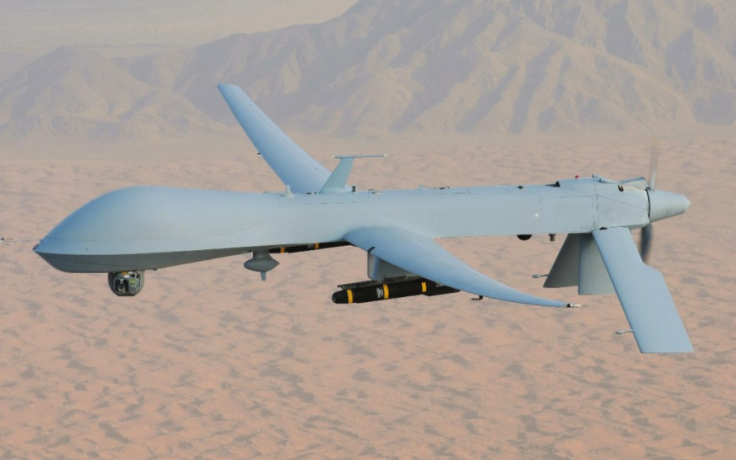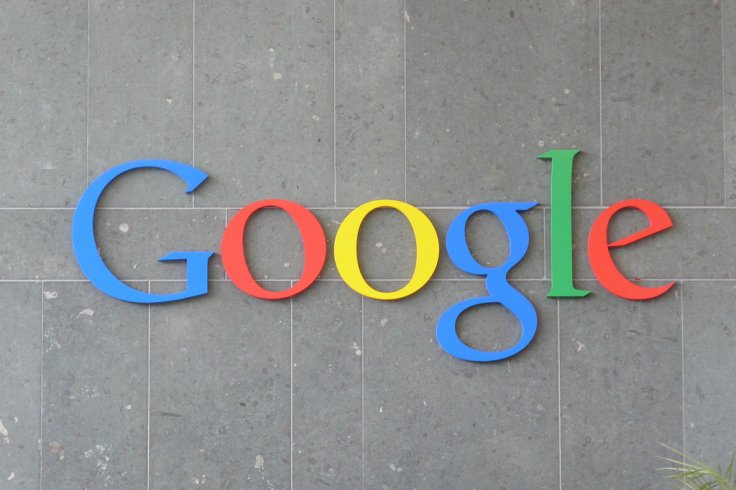The most significant and impactful changes in the history of drone law have been issued by the US Government this past week by a ruling, which states that almost every drone in the US airspace will need to broadcast their locations as well as the location of their pilots in order to "address safety, national security, and law enforcement concerns regarding the further integration of these aircraft into the airspace of the United States".
Google's drone delivery subsidiary Wing expressed their dissatisfaction towards this new ruling in an alarmist post (via Reuters) titled "Broadcast-Only Remote Identification of Drones May Have Unintended Consequences for American Consumers". It said the FAA's decision and this new ruling might cause invasion of privacy, personal details, information and even tracking of movement if the drones broadcast their location.

"American communities would not accept this type of surveillance of their deliveries or taxi trips on the road. They should not accept it in the sky," the Wing said. Though this might imply the Wing's disavowal to broadcast the location of the drones but Alphabet subsidiary actually wishes to share the locations of the drones through internet instead of broadcasting as a safer measure.
The FAA had originally first proposed Internet-based tracking and the Remote ID rules back in December 2019 but it was decided to be dropped, as a list of reasons surfaced why internet-based tracking might be problematic. Some of such reasons are -
- The additional expense of adding a cellular modem and paying for a monthly cellular data plan just to fly a drone.
- The additional expense of the lack of reliable cellular coverage across the entirety of the US.
- The cost of paying a third-party data broker to track and store that data with possibility of that third-party data broker getting breached or data broker or network getting DDoS'd, grounding drones in the US.
Renowned advocates of Remote ID technology all over the world, including Wing, perceive the internet-based tracking as merely a "license plate" for the skies just like any other car on the streets. It only allows a drone to be identified. It prevents the drones from sharing its complete flight path or flight history, or any other sensitive information to the public. However, the same can only be made available to law enforcement, provided they have proper credentials and a proper reason to seek that information.

The FAA's final ruling has not yet mentioned what kind of broadcasting tech the drones will be required to use, giving the companies an opportune window till next year and half to figure that out and submit the same for FAA's approval. The FAA has also clearly expressed that broadcast Remote ID is just a first step, an "initial framework," suggesting that internet-based Remote ID could still be on the plate.









